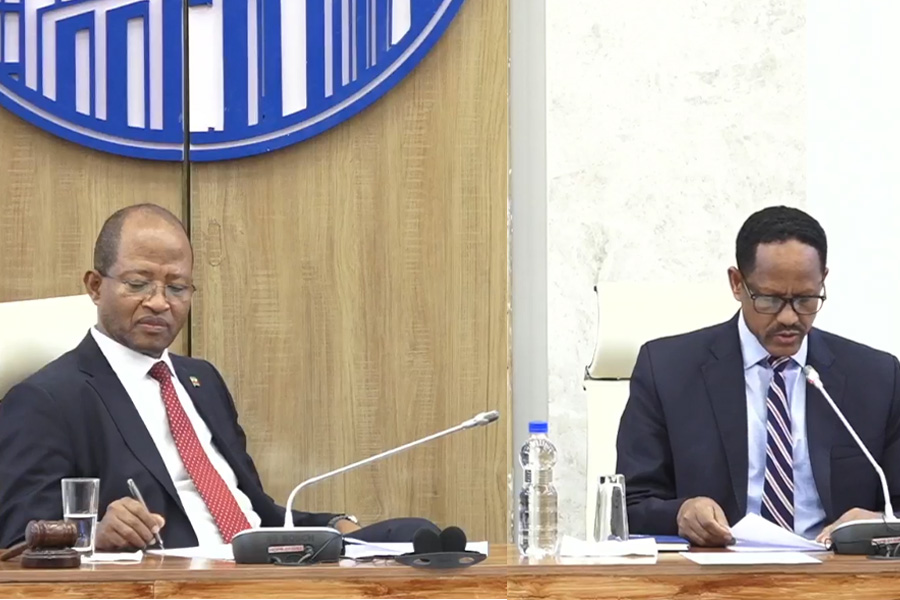
Fortune News | Nov 24,2024
May 6 , 2023
By BERSABEH GEBRE ( FORTUNE STAFF WRITER )
Members of Civil Society Organisations (CSOs) are dismayed over the delisting of selected types of vehicles from duty-free privilege.
The directive, which came to effect in January by the Ministry of Finance, limits the types and numbers of vehicles investment projects are allowed to import tax-free.
The new directive allows investment projects to import minivans, minibuses, delivery vans and motor vehicles duty-free, while station wagons and pickup trucks are excluded from the list.
The organisations claim the specific vehicles are necessary to deliver aid and humanitarian assistance in remote areas.
Doctors of the World is an international humanitarian organization that has been focused on equipping delivery rooms with medical accessories in Ethiopia in 2020.
The organisation has one pickup truck registered and has been renting cars to reach remote areas with difficult landscapes. It purchased a used station wagon from an embassy in November and was requested to settle the taxes before finishing up the ownership transfer.
"We didn't import in order to save time," said Shimelis Gebeyehu, the country representative director.
The directive requires organisations to get approval documents from the authorities, register under the Civil Society Organization Authority, invoice and a bill of loading to enjoy the privilege of purchasing from local car importers.
The government gave the responsibility to approve investment incentives for various agencies to the Ministry in 2021.
Natae Ebba, a lawyer in tax associate and corporate practice, said the vehicles were prohibited in the new investment regulation approved by the Council of Ministers in July 2022.
Natae recommends the organisations urge the Ministry to reconsider through the Authority. It oversees 4,400 CSOs, of which 570 are international organizations under Jima Dilbo.
Officials from the Ministry discussed with the Authority and a dozen CSOs three weeks ago at Elilly International Hote near ECA Road, Kazanchis. However, further discussions are necessary, according to Henok Melese, director of the Ethiopian Civil Society Organizations Council (ECSOC). The Council was established to enact the code of conduct and advise CSOs on registration and administration.
Large spending on vehicles turns them into a luxury which is contrary to the organisations' visions, said Henok.
CSO investments should not exceed 30pc of their annual budget, otherwise charged as an administrative cost. The administration costs should also be less than 20pc of their annual budget.
Seid Aman (PhD) is the country director of Imagine One Day. His organisation, engaged in the education sector, bought two vehicles which have been stranded in Djibouti ports for three months following the tax imposition.
The international organisation has a presence in Afar, Amahara, Tigray, Benshangul and Southern regional states. It has been paying for a car rental of up to 7,000 Br for a trip, excluding the fuel cost.
While securing funds from donors to purchase the vehicles is not easy, tax payments that may go up to 240pc beyond the actual price of the vehicles exacerbate the problem, according to Seid.
“It’s like adding fuel to the fire,” he said.
He argues such kinds of laws should be tabled for discussions with the stakeholders rather than sudden enforcement.
The total funds pledged by CSOs for 2,885 projects account for 78.87 billion Br.
Minilik Afework, a digital marketer at Abyssina Car Sales, is timid about the station wagon's capability to travel through difficult landscapes. However, he observes that customers prefer pickup trucks that frequent field duties due to their ground clearance while travelling through mud and heavy rocks.
PUBLISHED ON
May 06,2023 [ VOL
24 , NO
1201]

Fortune News | Nov 24,2024

Editorial | Dec 19,2021

Radar | Apr 19,2025
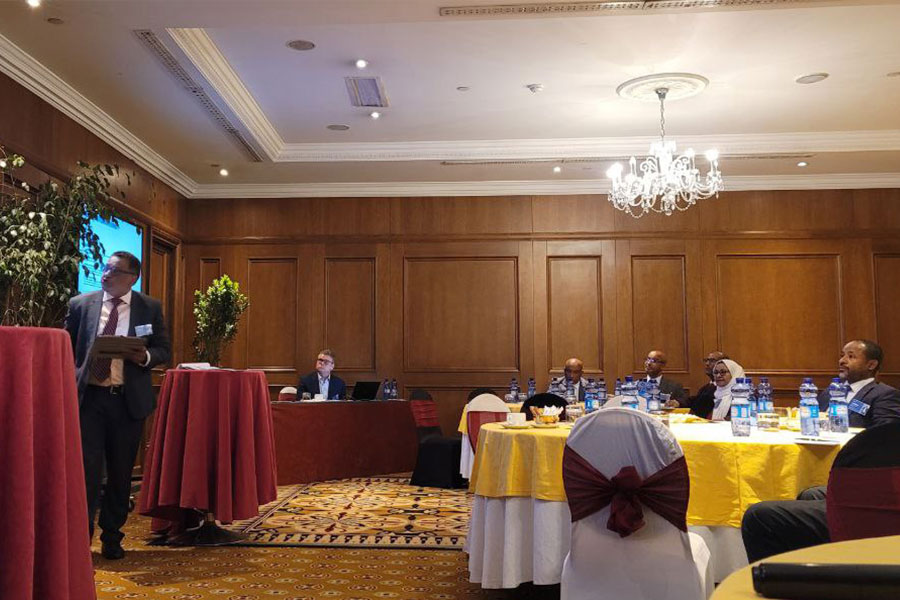
Fortune News | Nov 19,2022

Editorial | Oct 22,2022
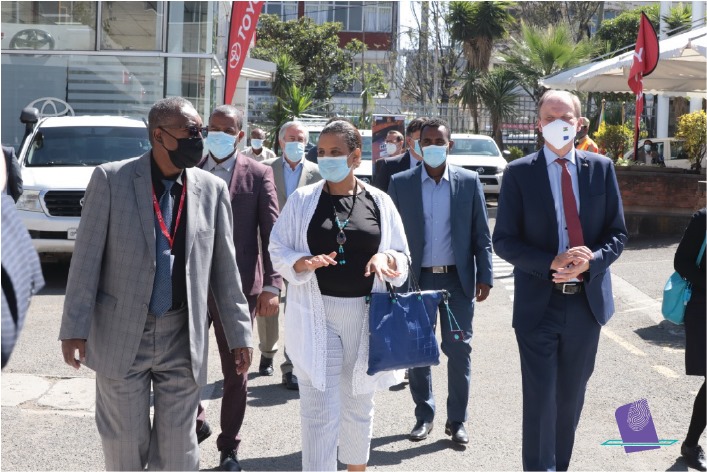
Election 2021 coverage | Feb 27,2021

Fortune News | Aug 08,2020

Viewpoints | Apr 26,2025
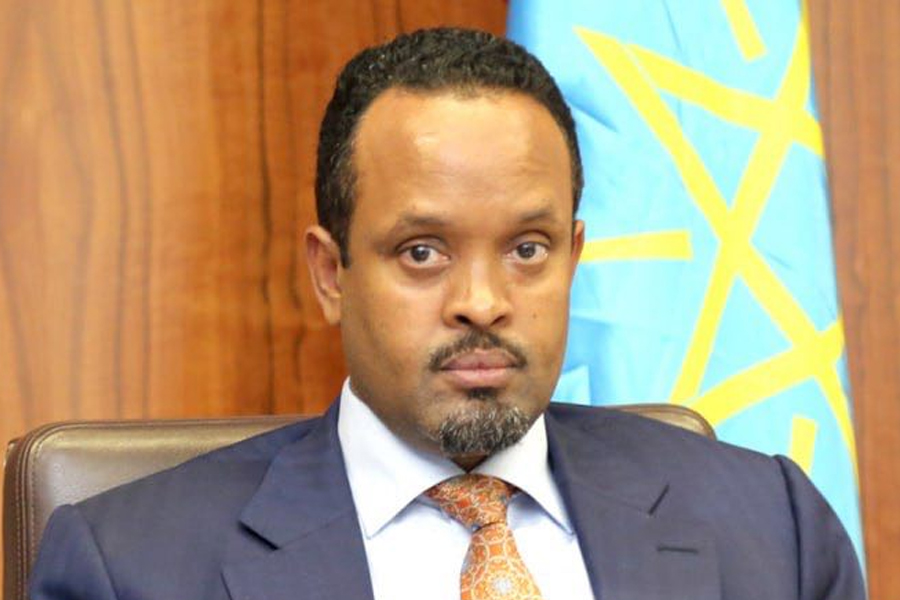
Fortune News | Sep 14,2024
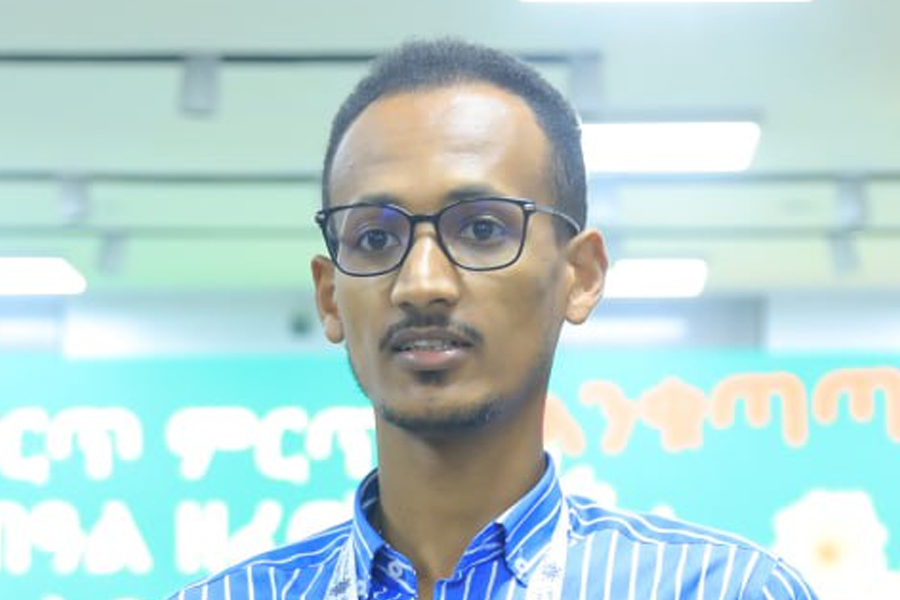
Fortune News | Sep 14,2024

Dec 22 , 2024 . By TIZITA SHEWAFERAW
Charged with transforming colossal state-owned enterprises into modern and competitiv...

Aug 18 , 2024 . By AKSAH ITALO
Although predictable Yonas Zerihun's job in the ride-hailing service is not immune to...

Jul 28 , 2024 . By TIZITA SHEWAFERAW
Unhabitual, perhaps too many, Samuel Gebreyohannes, 38, used to occasionally enjoy a couple of beers at breakfast. However, he recently swit...

Jul 13 , 2024 . By AKSAH ITALO
Investors who rely on tractors, trucks, and field vehicles for commuting, transporting commodities, and f...

Sep 13 , 2025
At its launch in Nairobi two years ago, the Africa Climate Summit was billed as the f...

Sep 6 , 2025
The dawn of a new year is more than a simple turning of the calendar. It is a moment...

Aug 30 , 2025
For Germans, Otto von Bismarck is first remembered as the architect of a unified nati...

Aug 23 , 2025
Banks have a new obsession. After decades chasing deposits and, more recently, digita...